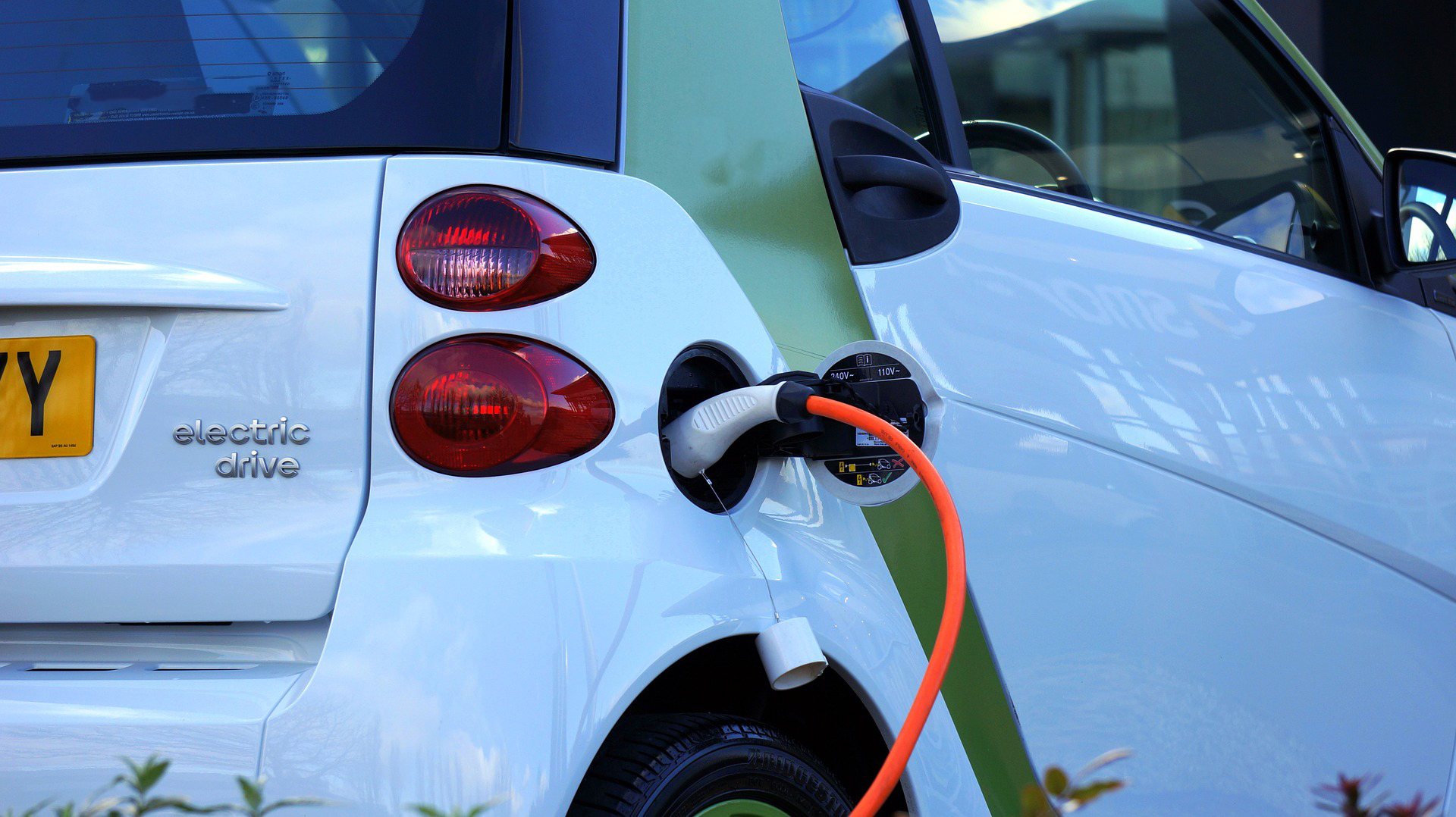In the driver’s seat of the energy transition
14 December 2018 Danilo DE OLIVEIRA PEREIRA

Image Credits: https://www.ratedradardetector.org/
中文版
"I believe in horses," said the German Kaiser, Wilhelm II, in 1905. "Automobiles are a passing phenomenon."
When they were first launched, few people could imagine that automobiles would affect human life to the extent that they did. But contrary to what Kaiser Willhelm thought, automobiles turned out to be much more than just faster horses. Their adoption became a force that reshaped cities and gave rise to urban sprawl.
Today, not unlike the early 1900s, mobility is drastically changing. The electrification of transport will dramatically affect how energy is consumed and supplied. Given the right incentives, the shift to electric vehicles can add traction to the evolution towards cleaner, more decentralized and smart energy systems and services, making the sector a major driver in the reduction of greenhouse gas emissions. But this will only be true if the electricity that vehicles use is not generated by the burning of fossil fuels.
Many countries already have large fleets of electric vehicles. In Norway, for example, they make up half of the automobile market. China is also taking large steps in the same direction: the country adds 9,500 new electric buses to the streets every five weeks, the equivalent to the entire London bus fleet. One of its cities, Shenzhen, has an entire fleet of more than 16,000 electric buses.
But while the electrification of transport gains traction in some countries, several barriers still keep the technology from being widely adopted in others. Batteries, for example, are still too expensive and their price keeps markets from achieving economies of scale. The lack of charging stations presents another problem, since consumers fear how long they can travel before batteries run out of charge.
Acknowledging this scenario, the United Nations Industrial Development Organization (UNIDO) is working to develop a market for electric vehicles in several countries by overcoming the barriers to their adoption as well as ensuring that they are powered by renewable energy sources. The approach is meant help markets reach economies of scale, guaranteeing that they enjoy both the economic and environmental benefits that can originate from the widespread adoption of electric vehicles. Those include decreased air pollution and carbon emissions, but also the creation of green jobs and the development of homegrown, innovative technologies and business models.
“Innovations in battery and charging technologies are key to accelerate the adoption of electric vehicles and decarbonize the sector,” said Rana Ghoneim, Chief of UNIDO’s Energy Systems and Infrastructure Division. “Car manufacturers are investing in new solutions which drive the cost of electric vehicles down, making the greener choice more affordable for the end-users,” she added.
With a target of having ten percent of its fleet be composed of electric vehicles by 2020, Malaysia is concerned with the reduction of its greenhouse gas emissions from the transport sector. The Global Environment Facility (GEF) and UNIDO are working together with the country to promote the use of solar energy in charging stations. One of the main goals of the intervention is to develop the country’s capacity to manufacture parts of electric vehicles. The adoption of charging stations powered by renewable energy sources is also expected to include Malaysia in the global chain of battery producers, as well as benefit the existing manufacturers of semiconductors and solar photovoltaic panels in the country by increasing the demand for their products.
South Africa is also working to develop low-carbon transportation. With funding from the GEF and technical assistance from UNIDO, the country developed a policy framework to regulate and encourage the adoption of electric vehicles in the cities of Durban and Johannesburg, where particular attention was paid to the public transport system. The goal was to prove to other municipalities and the private sector that the technology is not only positive for the environment, but also economically and technically viable. Solar-powered charging stations were designed, installed and tested, in partnership with the local private sector in order to demonstrate the technology’s viability.
China is the country with world’s fastest growing use of electric vehicles, and it plans to make sure they are powered by sustainable energy sources. With funding from the GEF and with UNIDO’s technical assistance, different renewable energy technologies will be implemented in charging stations in the cities of Shanghai and Yancheng. The plan is to evaluate which of them offer the best results and should be replicated throughout the country. An extensive study is also being undertaken in order to identify which policies could be implemented to encourage their adoption.
“Public-private partnerships at the city level are essential to boost electric mobility. This is why we are piloting innovative business models which deploy charging infrastructure powered by renewable energy sources,” said Ghoneim.